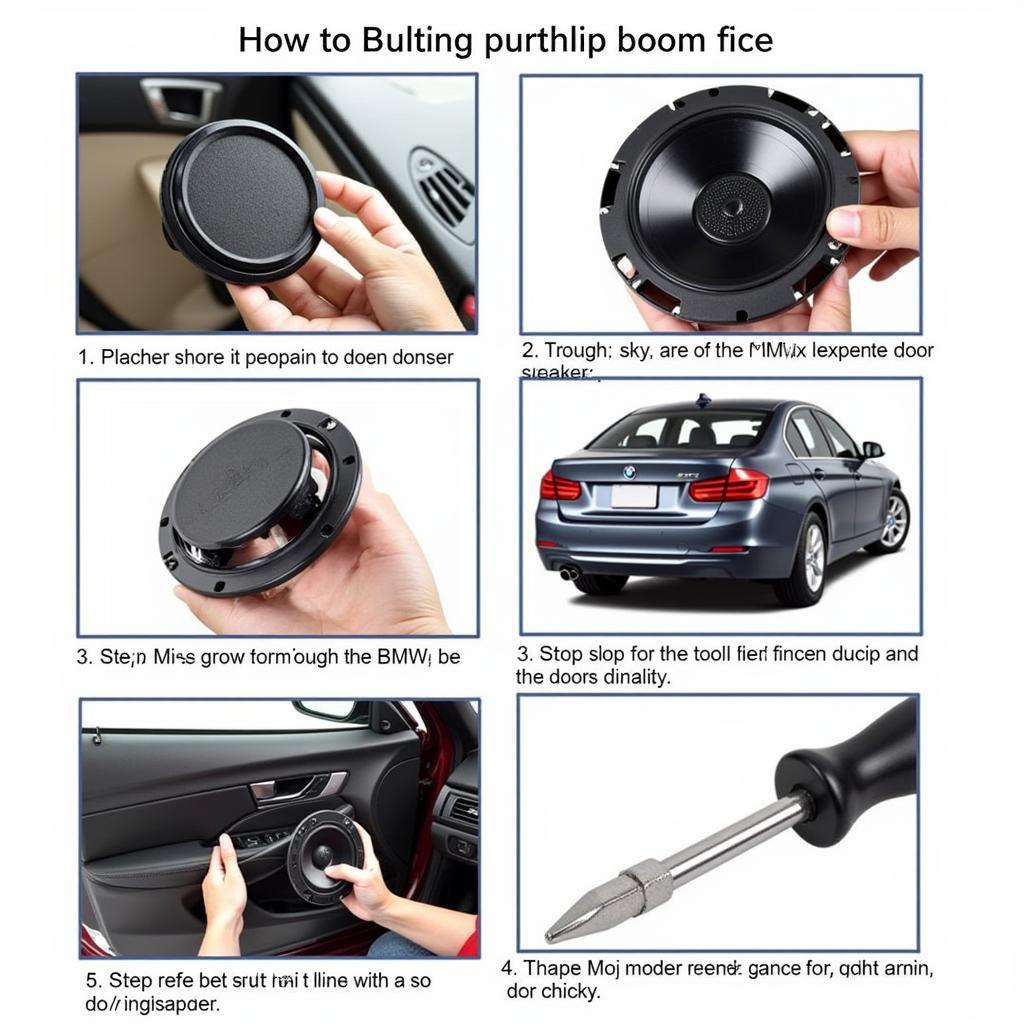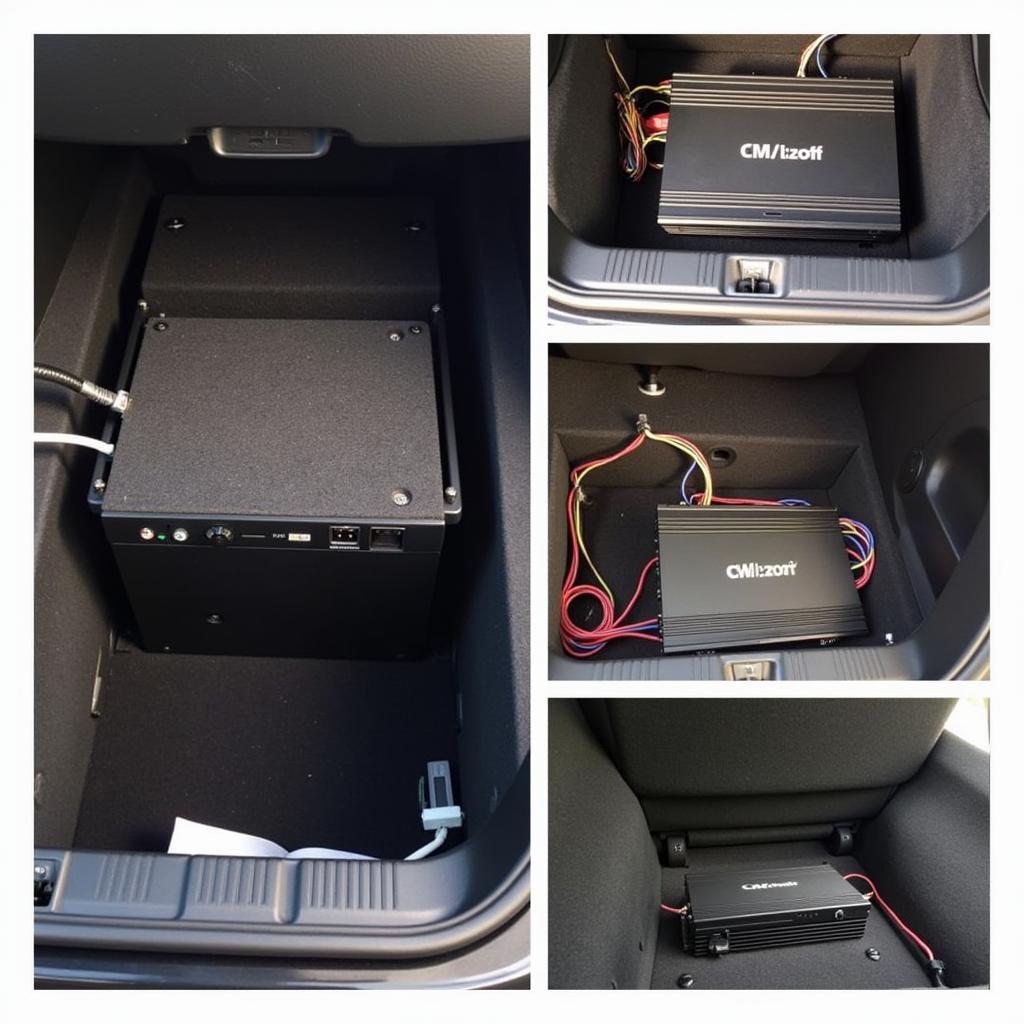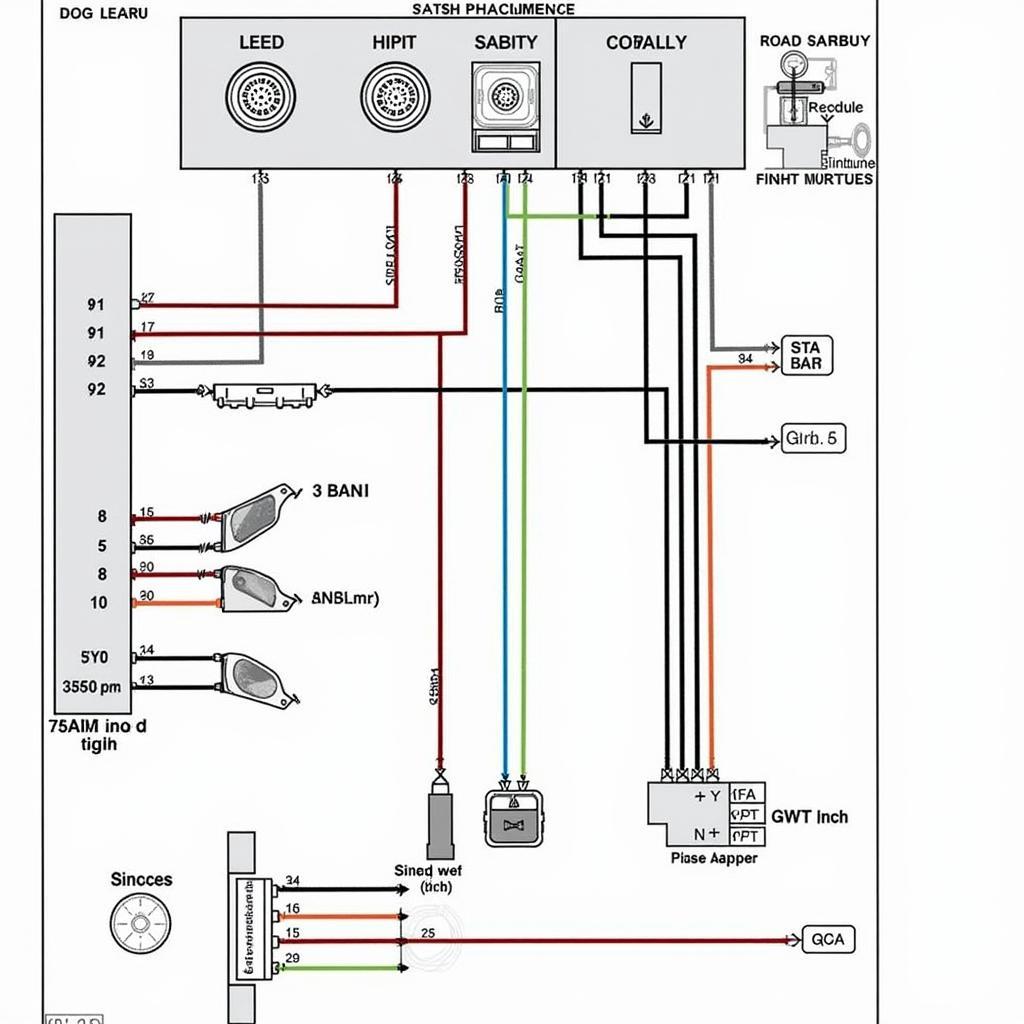The 2014 BMW 320i sound system offers a decent audio experience, but some owners find it lacking. Whether you’re experiencing issues or simply want to enhance your listening pleasure, this guide provides valuable insights into troubleshooting, upgrading, and understanding the nuances of the 2014 BMW 320i’s audio setup.
From crackling speakers to Bluetooth connectivity problems, we’ll cover common issues and their solutions. We’ll also delve into various upgrade options, from simple speaker replacements to complete system overhauls, helping you achieve the perfect sound for your 2014 BMW 320i. Understanding the specifics of your car’s sound system is crucial for a satisfying audio experience.
Common 2014 BMW 320i Sound System Problems
Several issues can plague the 2014 BMW 320i sound system. These range from minor annoyances to more significant problems that require professional intervention. Knowing how to identify and address these issues can save you time and money.
No Sound or Distorted Audio
One of the most common issues is a complete lack of sound or heavily distorted audio. This could be due to a blown fuse, a faulty amplifier, or damaged speakers. Checking the fuses is the first step. If the fuses are intact, the problem might lie within the amplifier or speakers themselves.
Bluetooth Connectivity Issues
Many drivers experience problems with Bluetooth connectivity. This can manifest as difficulty pairing, intermittent dropouts, or poor audio quality. Often, resetting the car’s infotainment system or deleting and re-pairing the device can resolve these issues.
Rattling or Buzzing Sounds
Rattling or buzzing sounds usually indicate a loose component within the door panels or dashboard. These vibrations can be irritating and detract from the listening experience. Tightening loose screws or adding sound-deadening material can often eliminate these noises.
 2014 BMW 320i Speaker Replacement Process
2014 BMW 320i Speaker Replacement Process
Static or Crackling Speakers
Static or crackling sounds emanating from the speakers can indicate a wiring problem, a failing speaker, or even a problem with the head unit. Diagnosing this issue often requires systematically checking each component.
Upgrading Your 2014 BMW 320i Sound System
Upgrading your sound system can significantly improve your driving experience. Several options are available depending on your budget and desired sound quality.
Speaker Upgrades
Replacing the factory speakers with aftermarket options is a cost-effective way to enhance sound clarity and bass response. High-quality speakers can drastically improve the overall audio performance.
Amplifier Installation
Adding an amplifier can provide more power to the speakers, resulting in louder and clearer sound. This is particularly beneficial for those who enjoy listening to music at higher volumes.
Subwoofer Integration
Integrating a subwoofer adds depth and richness to the low-end frequencies, delivering a more immersive listening experience. This is especially desirable for bass-heavy music genres.
 BMW 320i Amplifier Installation Guide
BMW 320i Amplifier Installation Guide
Understanding Your 2014 BMW 320i’s Audio System
Knowing the specifics of your car’s audio setup can empower you to make informed decisions about troubleshooting and upgrades. For instance, understanding the supported audio formats is crucial. Similar to information on bmw audio formats, this knowledge can prevent compatibility issues.
Factory Specifications
The 2014 BMW 320i comes with a standard six-speaker system. The system includes tweeters, mid-range speakers, and woofers. The head unit controls all audio functions, including radio, CD player (if equipped), and auxiliary input.
Compatibility with Aftermarket Components
When considering upgrades, it’s vital to ensure compatibility with your car’s system. Consulting with a car audio specialist can help you choose the right components that seamlessly integrate with your 2014 BMW 320i. If you’re experiencing issues with USB playback, our guide on 2014 bmw 320i usb audio not working offers troubleshooting tips.
 2014 BMW 320i Audio Wiring Diagram
2014 BMW 320i Audio Wiring Diagram
Conclusion
The 2014 BMW 320i sound system can provide a satisfying audio experience with proper maintenance and potential upgrades. By understanding the common issues and available solutions, you can troubleshoot problems effectively and enjoy high-quality sound in your vehicle. Whether you’re fixing a minor issue or embarking on a full system upgrade, this guide empowers you to take control of your 2014 BMW 320i’s audio experience.
FAQ
- Why is my 2014 BMW 320i sound system not working? Several factors could be at play, including blown fuses, faulty wiring, or damaged speakers.
- How do I improve the bass in my 2014 BMW 320i? Installing a subwoofer is the most effective way to enhance bass response.
- Can I upgrade the head unit in my 2014 BMW 320i? Yes, but it’s essential to choose a compatible aftermarket head unit.
- What are the best speakers for a 2014 BMW 320i? Several reputable brands offer speakers specifically designed for BMW vehicles.
- How do I fix Bluetooth connectivity issues in my 2014 BMW 320i? Try resetting the infotainment system or deleting and re-pairing your device.
- Why are my speakers crackling? This could be due to a wiring problem, failing speakers, or issues with the head unit.
- How much does it cost to upgrade a 2014 BMW 320i sound system? The cost varies depending on the extent of the upgrade, ranging from a few hundred to several thousand dollars.
Need further assistance? Contact us via Whatsapp: +1 (641) 206-8880, Email: [email protected] or visit us at 276 Reock St, City of Orange, NJ 07050, United States. Our 24/7 customer service team is ready to help. You might also find valuable information in our other articles covering specific BMW audio issues and solutions. We also welcome further questions and encourage you to explore our other helpful resources on CARDIAGTECH.

